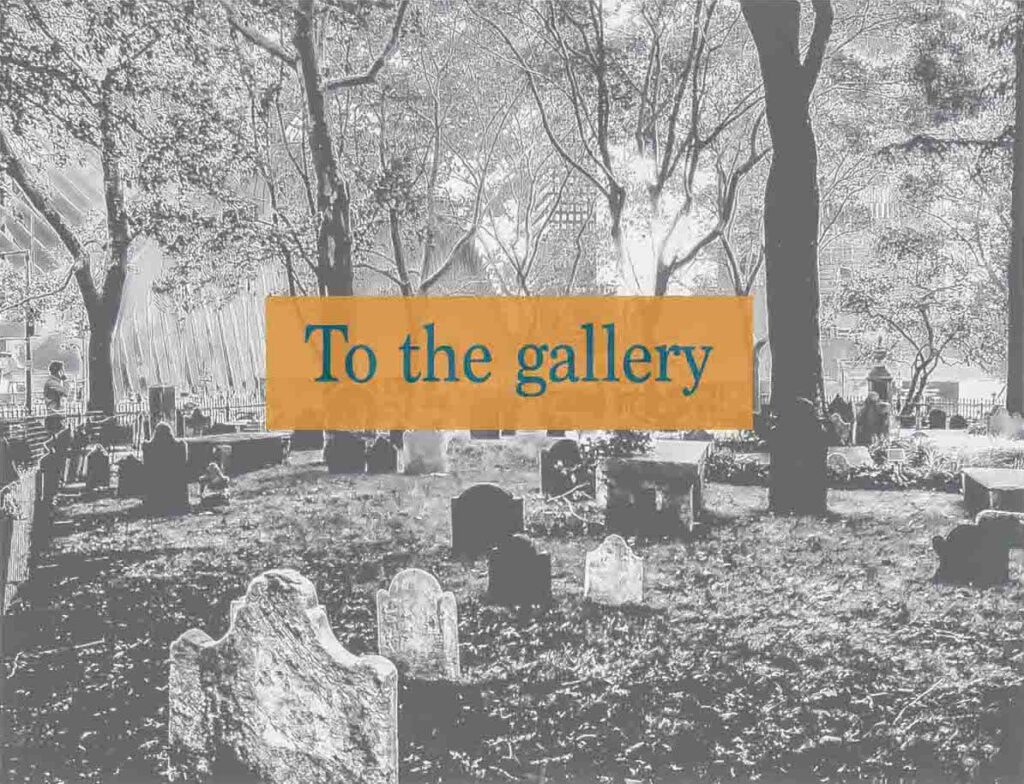Confronting the certainty of uncertain times, urban spaces are constantly changing, challenging conventional paradigms and leading to a reassessment of our relationship with our environment. In the face of ever-increasing social complexity, empirical evidence shows that vulnerability is framed within a political system that promotes adaptation to disasters generated by the system itself, distorting the value of urban resilience. In contrast to such dominant systems, ephemeral and transitional phases of urban spaces celebrate the legitimacy of engagement and creativity. Their fragility reflects our vulnerability but is by no means a sign of weakness. They are the matrix of new forms of human building on the sense of care and alterity.
